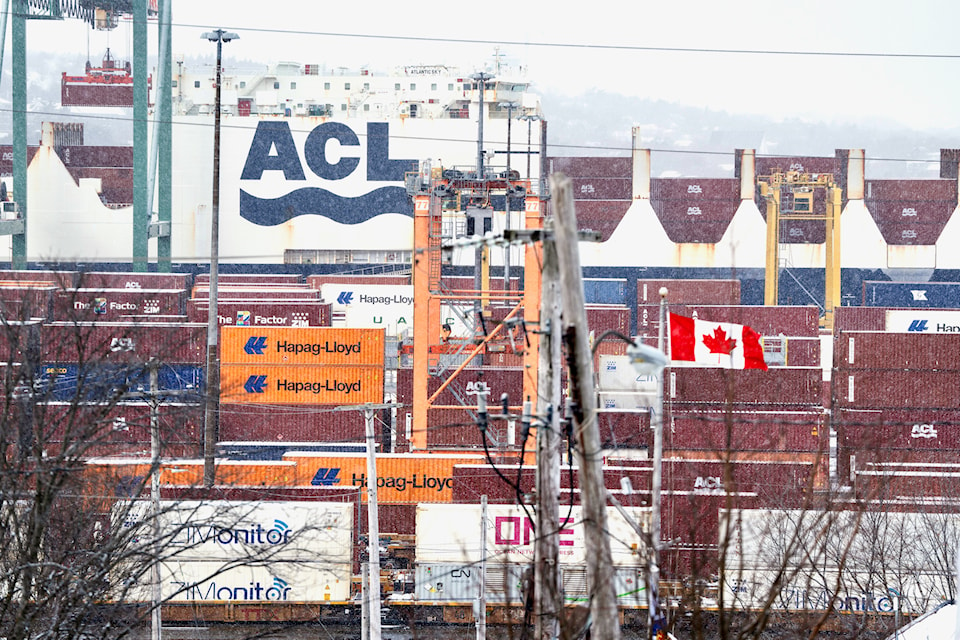Prime Minister Justin Trudeau announced late Monday night that the U.S. will be pausing its tariff threat against Canada for 30 days.
President Donald Trump announced the pause to ensure Canada makes improvements to tighten the border to boost the fight against drug smuggling.
Trump has raised concerns about illegal activities such as smuggling fentanyl across the border.
However, statistics show that in 2024, U.S. border authorities seized 22.7 kilograms of fentanyl at the Canadian border compared to 9,348.5 kilograms at the southwest border. The Department of Homeland Security reported in 2023 that most of the seized fentanyl was interdicted from vehicles driven by U.S. citizens at official ports of entry.
Trudeau announced in a social media post in December 2024 that he created a $1.3 billion plan to secure the border from illegal substances from crossing through.
However, had the U.S. decided not to pause tariffs, which would have started Feb. 4, they would have imposed a 25 per cent tariff on all Canadian imports and a 10 per cent tariff on Canadian energy.
The Canadian government responded with retaliatory tariffs, a 25 per cent tariff on $155 billion worth of American goods coming to Canada.
The 30-day reprieve however does not eliminate the danger of a trade war.
The threat of potential tariffs might cause Canadians to boycott American-made products and make an extra effort to buy Canadian products.
Premier Doug Ford promised to remove American-made liquor from all LCBO locations if Trump proceeded with the tariffs and threatened to end a multi-million dollar deal with Elon Musk's Starlink.
NDP Leader Jagmeet Singh in a press conference yesterday in Montreal, said this tariff battle is not over and is encouraging more Canadian manufacturing.
“The fight is not over, we got to take the time with this 30-day pause to prepare ourselves,” Singh said.
“We need to make sure we build more of the things that we need for our country, here in our country,” he said.
The U.S. also made a deal with Mexico to pause tariffs for 30 days, as they were set to implement a 25 per cent tariff on Mexican imports.
Mexico has agreed to strengthen its border with the U.S. to keep the threat of tariffs at bay.
U.S. tariffs on Chinese goods went into effect yesterday, imposing 10 per cent on all Chinese imports.
Trump decided to go through with the tariffs due to Beijing not doing enough to keep illicit drugs out of the U.S.
The 30-day pause comes to an end on Wednesday, March 5.




